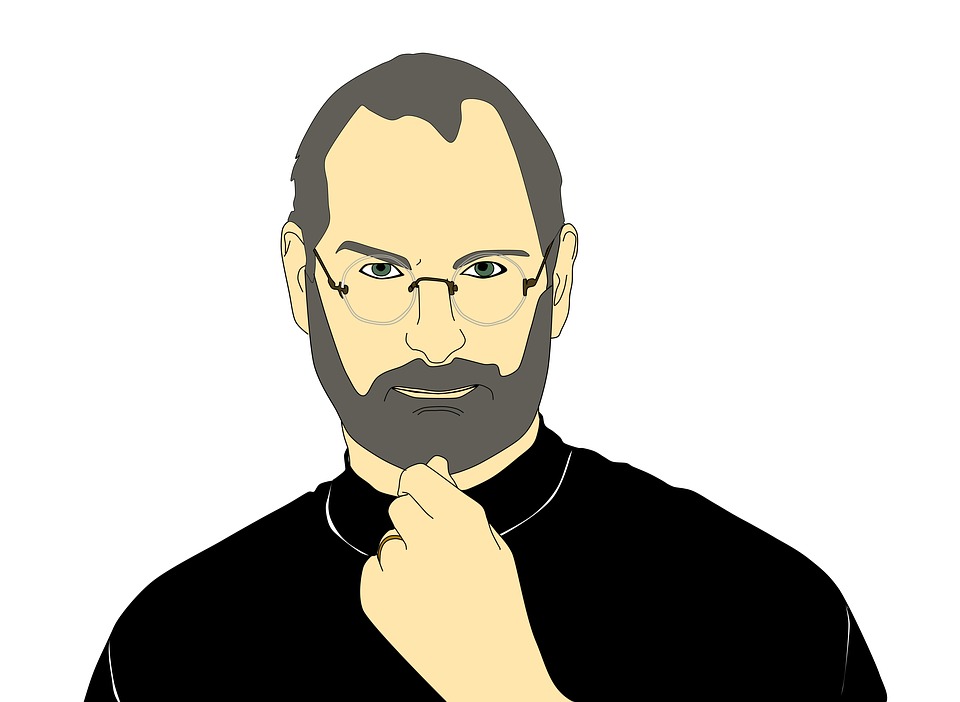Ever since he left the apple commune, Jobs had defined himself, and by extension Apple, as a child of the counterculture.
自从参加了苹果农场之后,乔布斯就把自己定义为一个反主流文化的孩子,这个定义也延伸到了苹果公司。
In ads such as "Think Different" and "1984," he positioned the Apple brand so that it reaffirmed his own rebel streak,
在“非同凡想”和“1984”等广告中,他利用对苹果品牌的定位重申了自己的叛逆性格,
even after he became a billionaire, and it allowed other baby boomers and their kids to do the same.
尽管当时他已经是一个亿万富翁了,这也让“婴儿潮”一代的其他人和他们的孩子纷纷效仿。
"From when I first met him as a young guy,
“从他年轻时我第一次见到他,
he's had the greatest intuition of the impact he wants his brand to have on people," said Clow.
他就有无比强烈的直觉,知道他想让他的品牌对人们产生什么样的影响,”克劳说。

Very few other companies or corporate leaders -- perhaps none
极少有其他公司或领导者--可能根本没有,
could have gotten away with the brilliant audacity of associating their brand with Gandhi, Einstein, Picasso, and the Dalai Lama.
敢于把他们的品牌跟甘地、爱因斯坦、马丁·路德·金、毕加索联系在一起,而且大获成功。
Jobs was able to encourage people to define themselves
乔布斯能够鼓励人们定义自己
as anticorporate, creative, innovative rebels simply by the computer they used.
作为反企业的、富有创造性的、敢于创新的叛逆者,而且只通过使用什么电脑就实现了这种定义。
"Steve created the only lifestyle brand in the tech industry," Larry Ellison said.
“史蒂夫创造了科技行业唯一一个时尚品牌,”拉里·埃利森说,
"There are cars people are proud to have -- Porsche, Ferrari, Prius -- because what I drive says something about me.
“人们会因为拥有某些品牌的汽车而骄傲--保时捷、法拉利、普锐斯--因为我开什么车能一定程度上说明我是什么样的人。
People feel the same way about an Apple product."
人们对苹果的产品有同样的感受。”



